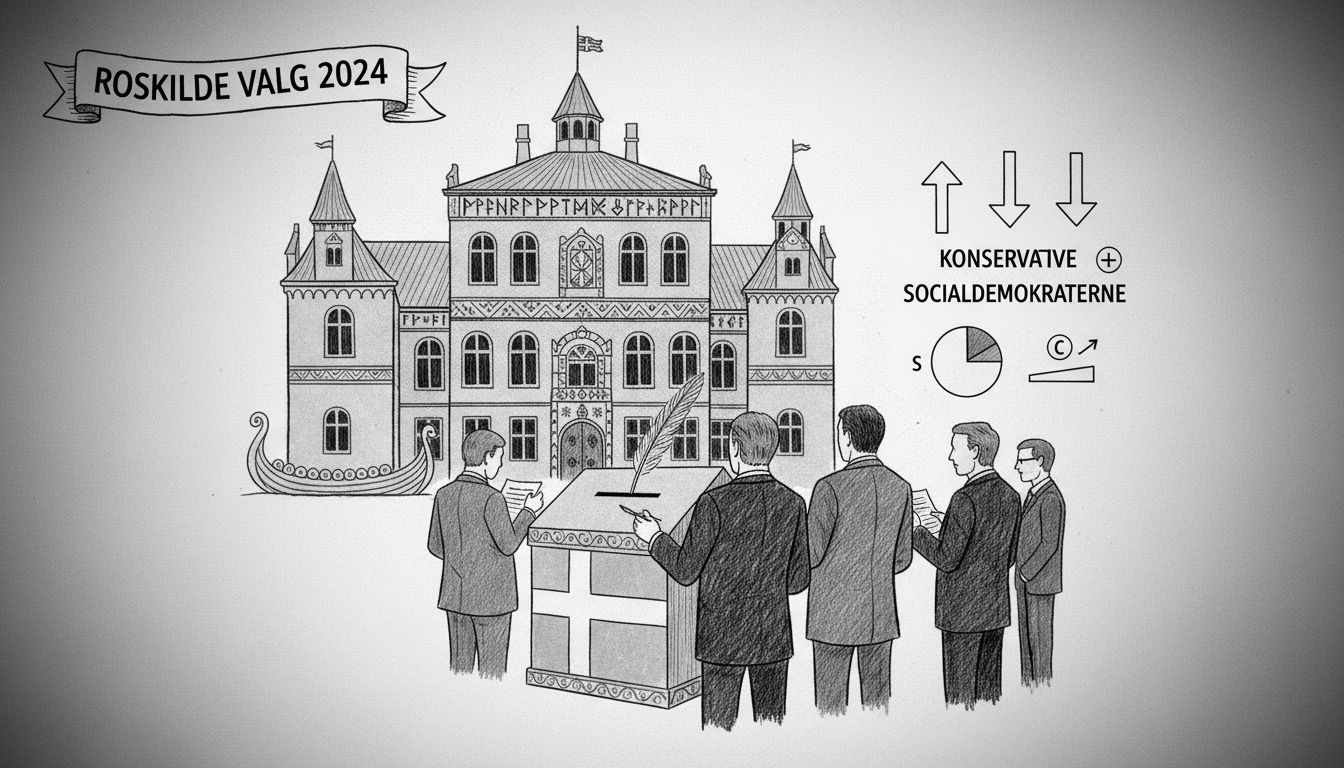The Conservative Party has made substantial gains in Roskilde's municipal elections. Rasmus Jarlov led the party as their top candidate in this important political contest. The Conservatives secured 19.4 percent of the vote, increasing their council seats from five to seven representatives. This represents one of their strongest local performances in recent memory.
The Conservative surge came at the expense of the Social Democrats, who suffered significant losses. The traditionally dominant party dropped 6.7 percentage points and lost two council seats. This continues a challenging period for the Social Democrats in Roskilde, where they nearly lost power in the previous election cycle but ultimately retained control when opposing parties failed to form a coalition.
Rasmus Jarlov brings substantial political experience to the local race despite being new to Roskilde politics. He has served multiple terms in the national parliament and previously held office in Copenhagen's city government. His high-profile status appears to have boosted Conservative fortunes in the municipality.
On election night, Jarlov expressed mixed feelings about the results. He acknowledged the Conservative achievement of becoming the largest bourgeois party for the first time in 25 years. But he also noted the mathematical reality that prevents a center-right majority from forming. The conservative bloc appears to lack one crucial seat needed to control the municipal council.
Liberal Alliance also celebrated gains in Roskilde, doubling their representation from one to two seats. Meanwhile, the Venstre party suffered setbacks, losing two of their three council positions. These shifts reflect broader realignments occurring within Denmark's center-right political landscape.
The election outcome suggests continued political fragmentation in Danish local governance. With no single bloc commanding a clear majority, coalition negotiations will determine the next mayor. The Social Democrats may retain leadership despite their losses, or new alliances could emerge across traditional political divides.
Local elections in Denmark carry substantial importance beyond municipal boundaries. They often serve as indicators of national political trends and voter sentiment. The strong Conservative performance in Roskilde could signal shifting allegiances ahead of the next parliamentary elections. Many international observers follow Danish local politics closely for insights into Scandinavia's evolving political dynamics.
What happens next in Roskilde's political scene remains uncertain. All parties have expressed openness to various coalition possibilities. The coming weeks will reveal whether traditional alliances hold or if new political combinations emerge to govern this historic Danish city.

